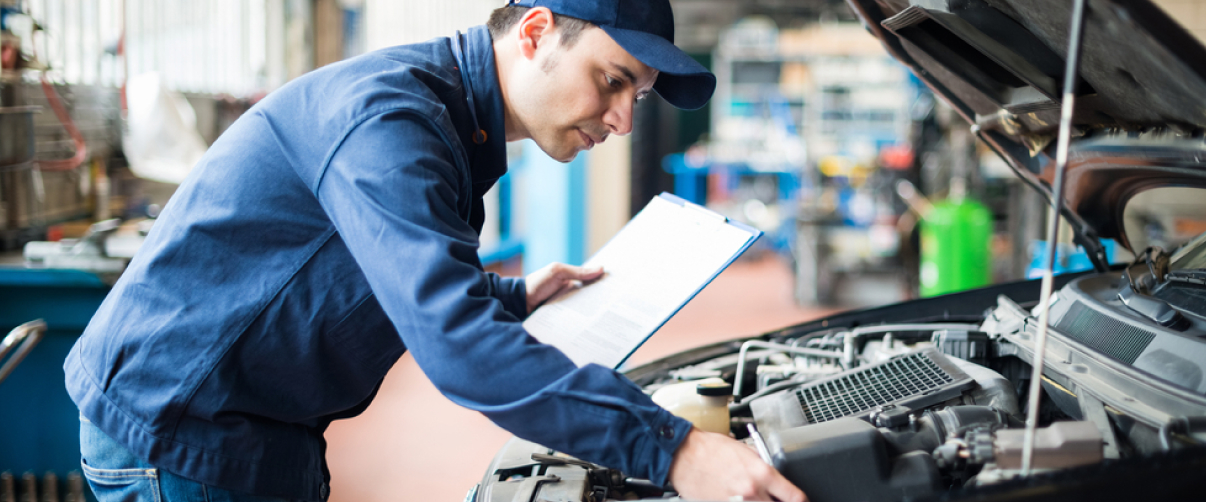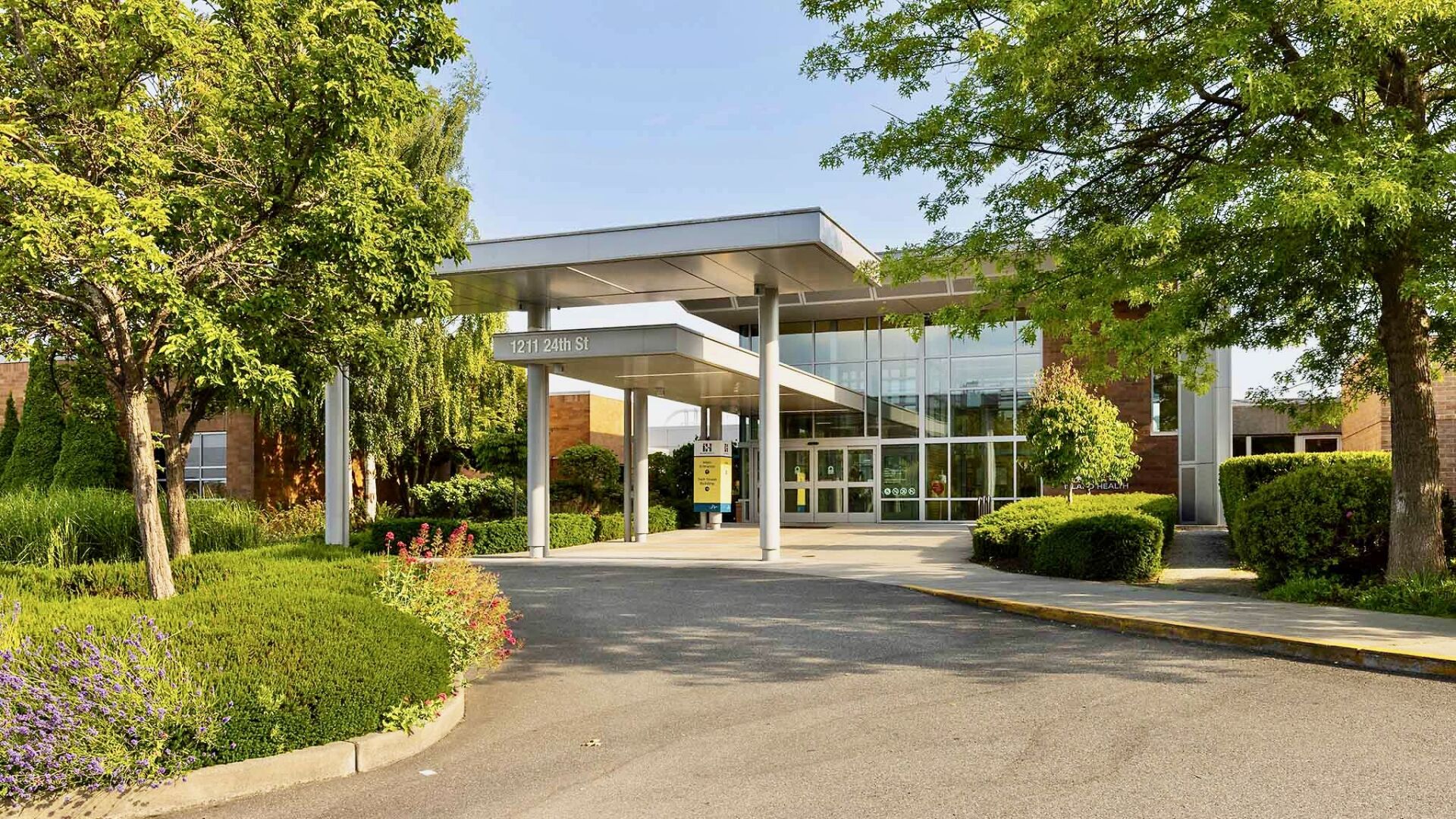Ensuring the safety and reliability of vehicles on the road is a critical concern for both drivers and insurance companies. Regular car inspections play a pivotal role in preventing accidents by identifying potential mechanical failures, thereby safeguarding lives and reducing insurance claims.
The Role of Car Inspections in Insurance Claims and Accident Prevention

Importance of Car Inspections in Accident Prevention
Periodic vehicle inspections are designed to ensure vehicles are safe to drive. These inspections involve checking essential components like brakes, wheel alignment, lights, and other safety features. Identifying issues such as brake line damage or alignment problems early can prevent serious accidents and enhance overall road safety.
Car Inspections in Insurance Claims
Insurance companies often require car inspections to verify the condition of a vehicle before providing coverage. Pre-insurance inspections help reduce fraud by ensuring that any pre-existing damages are documented, making future claims more legitimate.
After an accident, a thorough inspection is crucial. Hidden damages might not be immediately visible but can lead to increased repair costs or safety risks if left unaddressed. Insurers typically require an immediate collision appraisal to accurately cover damages, and missing hidden issues during this step could result in out-of-pocket expenses later on.
Technological Advancements in Car Inspections
Traditional manual inspections are often costly, time-consuming, and prone to human error. To address these challenges, companies are leveraging artificial intelligence to revolutionize the inspection process. AI-driven vehicle inspections utilize computer vision and machine learning to analyze high-resolution images of vehicles, detecting damages quickly and objectively.
These advancements not only expedite policy issuance and claim processing but also reduce fraudulent claims by providing accurate assessments, ultimately enhancing customer satisfaction.
Impact on Insurance Fraud and Premiums
Vehicle inspections are vital in reducing insurance fraud. By verifying pre-existing conditions, inspections prevent dishonest individuals from filing bogus claims for prior damages. Fewer fraudulent claims can result in lower premiums, benefiting all policyholders by keeping insurance costs down.
State Requirements and Variability
Each state has varying requirements for vehicle inspections. Most states necessitate an inspection before a car can be registered with the DMV. These inspections, common in large cities, are typically performed at gas stations, mechanic shops, or dedicated facilities. Understanding local regulations ensures drivers remain compliant and that their vehicles are safe for operation.
Effectiveness of Periodic Vehicle Inspections
While vehicle inspections aim to enhance road safety, studies have shown mixed results regarding their effectiveness in reducing accidents. A systematic review indicated that periodic inspections might not significantly prevent road crashes. Due to methodological limitations and potential biases, there’s insufficient evidence to conclusively affirm that inspection programs effectively reduce accidents.
Conclusion
Car inspections are integral to both accident prevention and the insurance claim process. They help maintain vehicle safety standards, reduce fraudulent insurance claims, and can potentially lower insurance premiums for everyone. With technological advancements like AI-driven inspections, the process becomes more efficient and accurate, benefiting drivers and insurers alike. However, the actual impact of periodic inspections on accident rates remains a subject for further research.
Note: For more information on vehicle inspections and insurance, please consult your local DMV or insurance provider.











